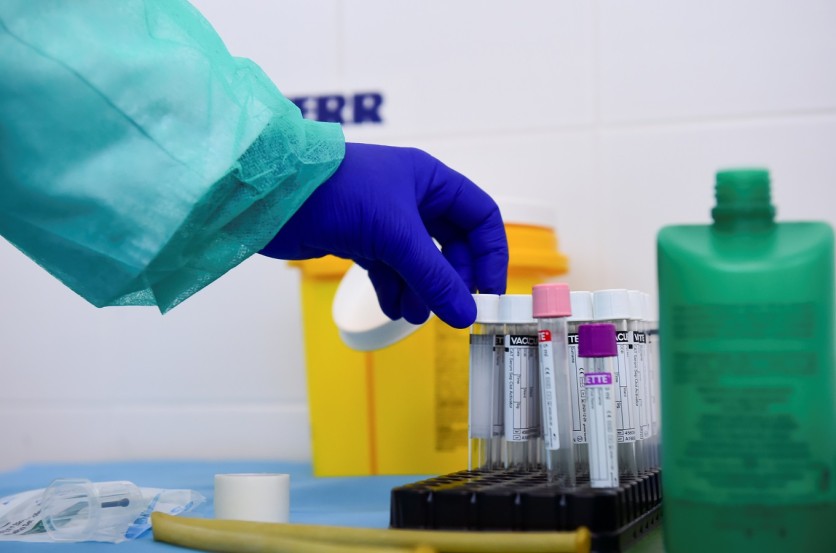Several European countries, including France, are among the worst-hit countries during the coronavirus pandemic, and now, French researchers have reason to believe that the first COVID-19 case in the country was actually undiagnosed in December, more than a month before their first case was reported. French doctors found evidence of an early COVID-19 case.

Researchers Found Evidence of Early COVID-19 Case
In a report by NPR, Dr. Yves Cohen, the head of the emergency at the Jean-Verdier and Avicenne hospitals near Paris, France, said that he and his colleagues found evidence of an undetected and undiagnosed coronavirus case when they re-tested samples from intensive care patients that suffered from influenza-like symptoms between early December and mid-January.
"Among them we found 14 patients that were not diagnosed with pneumonia," Dr. Cohen told BBC. "In April, we defrosted the samples we had stored, and we tested them again, but this time for traces of COVID-19."
From the defrosted samples, one of them came back positive for the SARS-CoV-2 virus.
In order to guarantee the results, they re-tested the sample with another technique, and it still came out positive for the virus.
In addition, the doctors re-checked the chest scan of the patient with the positive sample and saw that it was compatible with the viral infection's symptoms, which means that France already had a case even before the first reported case.
No Travel History
The patient's name is Amirouche Hammar, an Algerian-born fishmonger living in Bobigny, which is in the northeastern suburbs of the French capital.
According to BGR, Hammar had never traveled anywhere after his visit to Algeria in August 2019, and he certainly hasn't been to China, where the novel coronavirus is believed to have originated, nor did he have any relations there.
Hammar's two children also fell ill after him, although his wife did not.
Fortunately, all of them are doing fine now.
The patient was tested on December 27, 2019 but since the symptoms for COVID-19 do not manifest until five to 14 days of infection, Hammar was likely infected around December 14 to 22, 2019.
Nevertheless, this could show that France has had the virus longer than they thought, and knowing this is essential as they are a step closer to understanding the virus and its evolution in the country.
Comparing with the Coronavirus Analyzed in China
The team is now going to check the genetic code of the virus they have found on Hammar's sample and will compare it with the genetic code of the novel coronavirus analyzed in China.
If they see a connection, it would have significant implications, according to Dr. Cohen, saying that it would "point to different contamination sources" around the world.
However, they did note that it is possible that there are false negatives in the samples they have re-tested, and there might also be other patients with COVID-19 that were not admitted to the ICU, thus were not analyzed.
The results of their research are now published in the International Journal of Antimicrobial Agents.
Meanwhile, a professor of molecular virology at the University of Nottingham, Jonathan Ball, said that the samples the researchers have re-tested might have been contaminated in the lab.
He explained that if Hammar was indeed infected with COVID-19, there should have been a rapid and earlier outbreak in France.
ⓒ 2026 TECHTIMES.com All rights reserved. Do not reproduce without permission.




